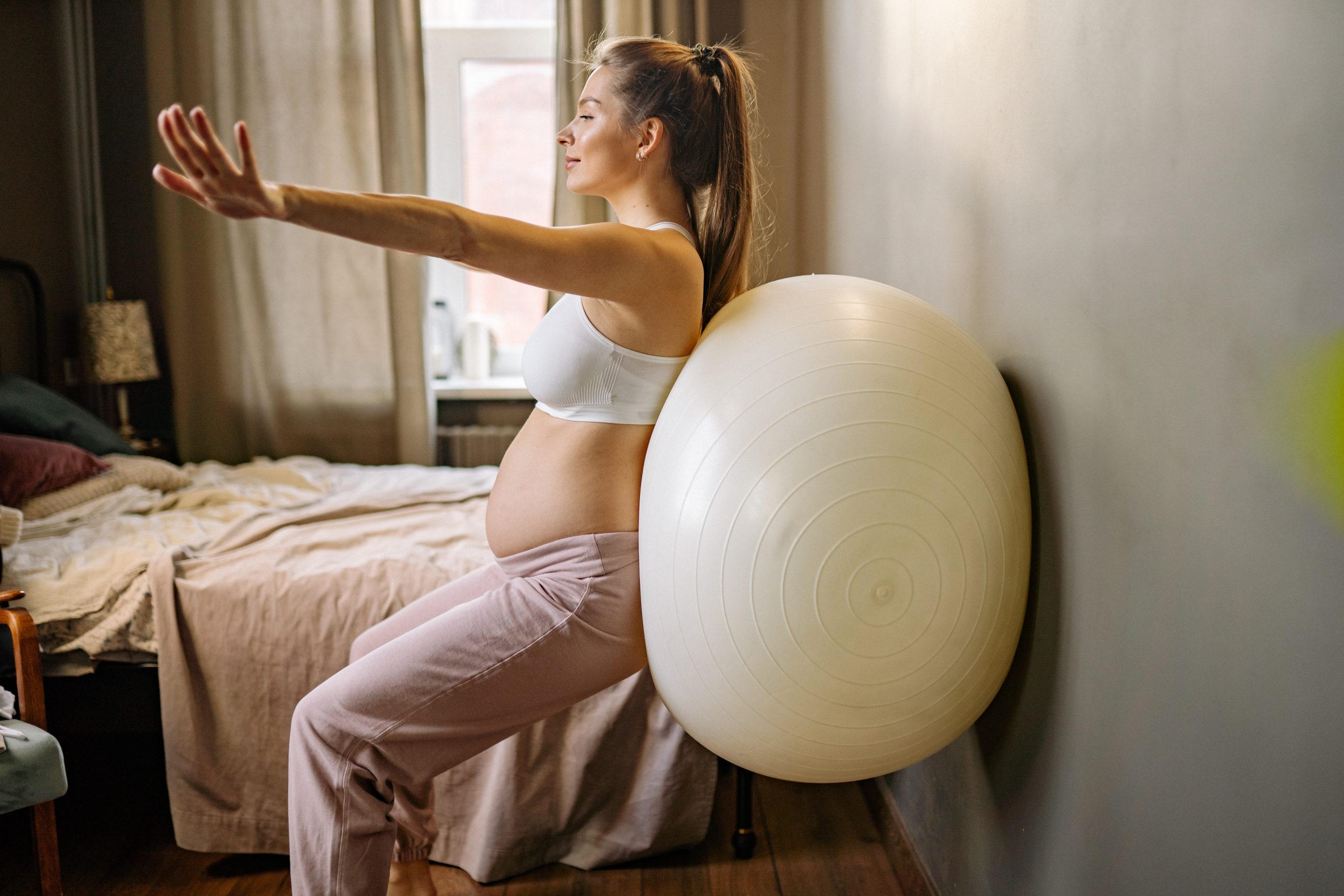FIT after giving birth
Keleya’s online postnatal training course provides postnatal postnatal exercises and tips. The course content is easily conveyed with videos, audio content and articles and helps to prevent long-term birth-related consequences such as pelvic floor problems.
You can use the digital regression course anytime, anywhere, all you need is a computer or laptop and a stable internet connection. In addition, you can repeat the content at any time for 12 months free of charge and thus increase the training effect even more.

Keleya’s online regression course
Regression that is fun and has a lasting effect
What is the content of the online training course?
The following 8 modules are available to the participants:
Module 1 “The pelvic floor perception”:
Here you will learn how the pelvic floor is anatomically structured and what its functions are. You will learn simple exercises for targeted awareness of the pelvic floor. You can start with this module in the puerperium, but please clarify this with your midwife, obstetrician or doctor in advance.
Module 2 “The pelvic floor strengthening”:
Here you will learn specific exercises to strengthen the pelvic floor, the lower abdomen and the back muscles. You can start these exercises about 6–8 weeks after a natural birth and 8–12 weeks after a caesarean birth.
Module 3 “Strengthening the lateral abdominal muscles”:
With these exercises you stabilize your abdominal muscles and train the lateral abdominal muscles. You will also learn what diastasis recti is and how to feel it.
Module 4 “Strengthening and relaxing the back”:
In these exercises you strengthen, mobilize and stretch your back muscles in a targeted manner. This ensures an upright posture. In addition, you relieve and relax the neck, shoulder and back areas stressed by breastfeeding and carrying the child and prevent back pain.
Module 5 “Improving balance and body awareness”:
With these exercises you strengthen your balance, improve your body awareness and your coordination. In this way you can playfully stabilize the deep muscles and the pelvic floor. This helps you to perceive your own center better and, in the truest sense of the word, to come closer to your center.
Module 6 “Longer Workouts”:
In this module there are exercises from the first two modules as pure workouts, with no theoretical explanations in between.
Module 7 “The anatomy of the pelvic floor and tips for everyday life”:
Here you will find an introduction to the anatomy of the pelvic floor and useful pelvic floor tips for everyday life with a baby.
Module 8 “Further useful information”:
More exciting information awaits you in this module in the form of articles and podcasts. For example, midwife, family and social therapist, Annie Juana-Victoria Alfandega speaks on a podcast about pre- and postnatal depression.
More information is available here:
https://keleya.de/
